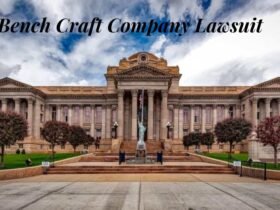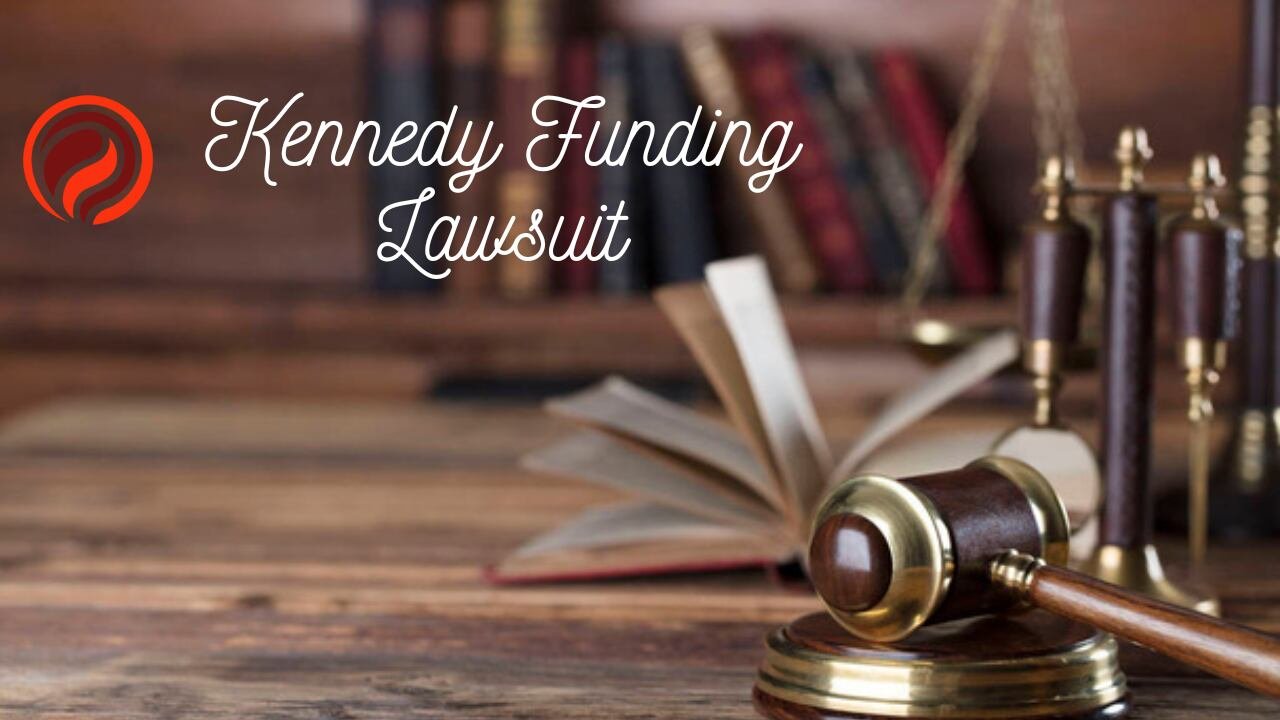The intersection of finance and politics has increasingly drawn public scrutiny in recent years, with private lending institutions frequently at the center of regulatory debates. A prominent example is the ongoing Kennedy Funding lawsuit, which has captivated observers inside and outside the financial sector. This article delves into how this legal battle could reshape political landscapes, influence regulatory policies, and impact public perception of economic ethics and governance.
Introduction to Kennedy Funding
Kennedy Funding has long been a notable name in commercial bridge loans, providing large-scale financing for real estate and development projects across the United States and beyond. Known for their willingness to fund challenging and high-risk projects, Kennedy Funding’s business practices have frequently put them under the spotlight, only sometimes for commendable reasons. Their approach to lending, which often involves high stakes and substantial sums, has led to several legal disputes, culminating in the lawsuit currently capturing headlines.
The Lawsuit Unfolded
The specifics of the Kennedy Funding lawsuit reveal a complex tapestry of allegations, including fraud, breach of contract, and predatory lending practices. These charges are not just damaging on a corporate level but could potentially ripple across the political sphere, particularly in how financial regulations are crafted and enforced. The case involves multiple plaintiffs alleging that the company engaged in unethical business practices to exploit vulnerable borrowers for profit.

Potential Political Implications
The implications of this lawsuit extend far beyond the courtroom. Politically, the outcome could catalyze a shift in regulatory frameworks governing private lending institutions. If Kennedy Funding is found liable, lawmakers might feel pressured to tighten regulations to prevent similar cases in the future. This could lead to more stringent oversight of private lenders. This move would undoubtedly be contentious and could realign political alliances, with ramifications likely felt across various levels of government.
Regulatory Reactions and Changes
Historically, significant legal cases involving financial misconduct have often led to new waves of regulatory reform. Should this lawsuit conclude with a finding of substantial wrongdoing, it could catalyze a broader regulatory overhaul in the private lending sector. Such changes might include stricter lending requirements, enhanced transparency obligations, and more severe penalties for violations to protect consumers and ensure fairer business practices.
Impact on Industry Practices
Beyond the immediate legal and political consequences, this lawsuit could also prompt a shift in industry standards. Financial institutions, especially those in the private lending space, might reassess their risk management strategies and client engagement protocols to avoid similar legal entanglements. This could lead to a more ethical approach to lending, with an increased focus on consumer protection and ethical business conduct.
Public and Political Perception
The court of public opinion often plays a crucial role in shaping political responses to corporate misconduct. As the Kennedy Funding lawsuit unfolds, public reaction could significantly influence political agendas, particularly if the case highlights systemic issues within the financial sector that demand legislative attention. Media coverage, which tends to amplify aspects of scandal and ethical lapses, will also be pivotal in framing the narrative surrounding the lawsuit and its political fallout.
Future Outlook
Looking ahead, the Kennedy Funding lawsuit is poised to be a landmark case with the potential to influence future legal strategies and political and regulatory policies. Depending on the outcome, it might encourage lawmakers to pursue more aggressive reforms in financial regulation or highlight the challenges of overseeing a complex and rapidly evolving industry.
Do Read: Who’s Involved in the Trulife Distribution Case?
Conclusion
As the Kennedy Funding lawsuit progresses, it is a critical reference point for assessing the interplay between finance, law, and politics. The case offers a unique lens to view the potential for significant shifts in regulatory practices and political strategies, reflecting broader societal demands for accountability and ethical conduct in business. However, whether this will lead to lasting political change remains to be seen, dependent on the legal conclusions drawn and the public and political will to pursue substantive reforms.













